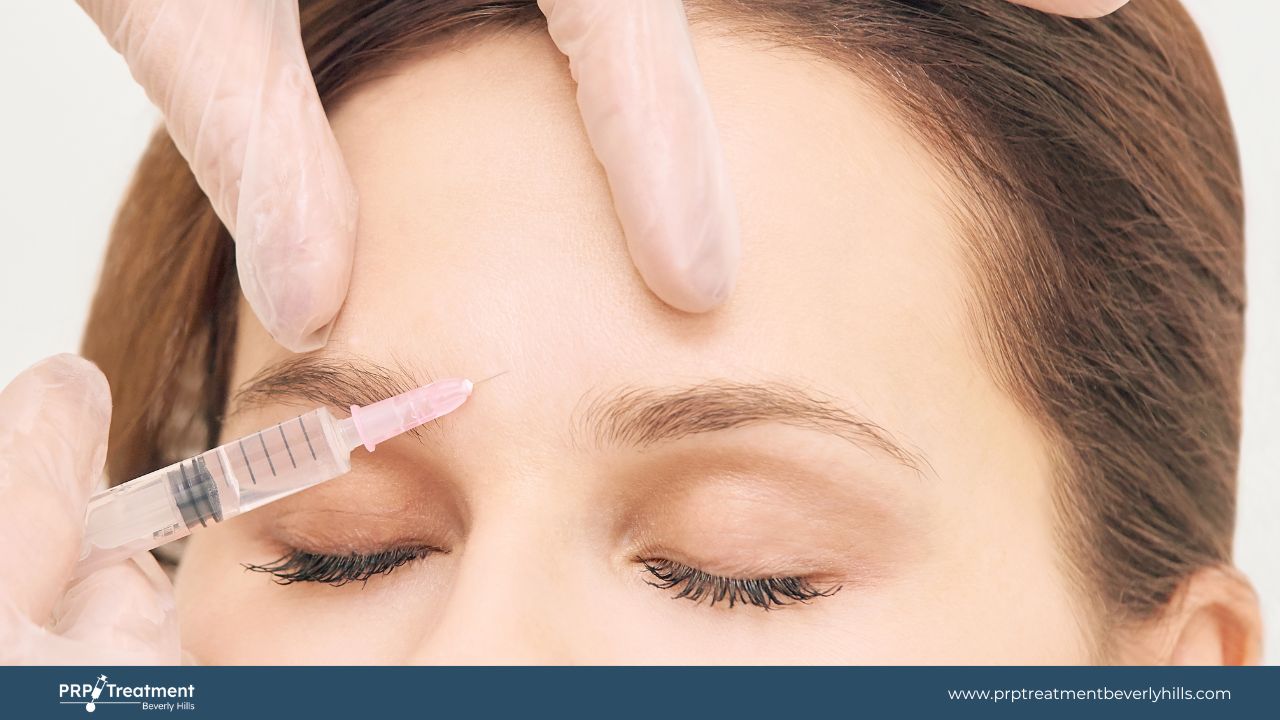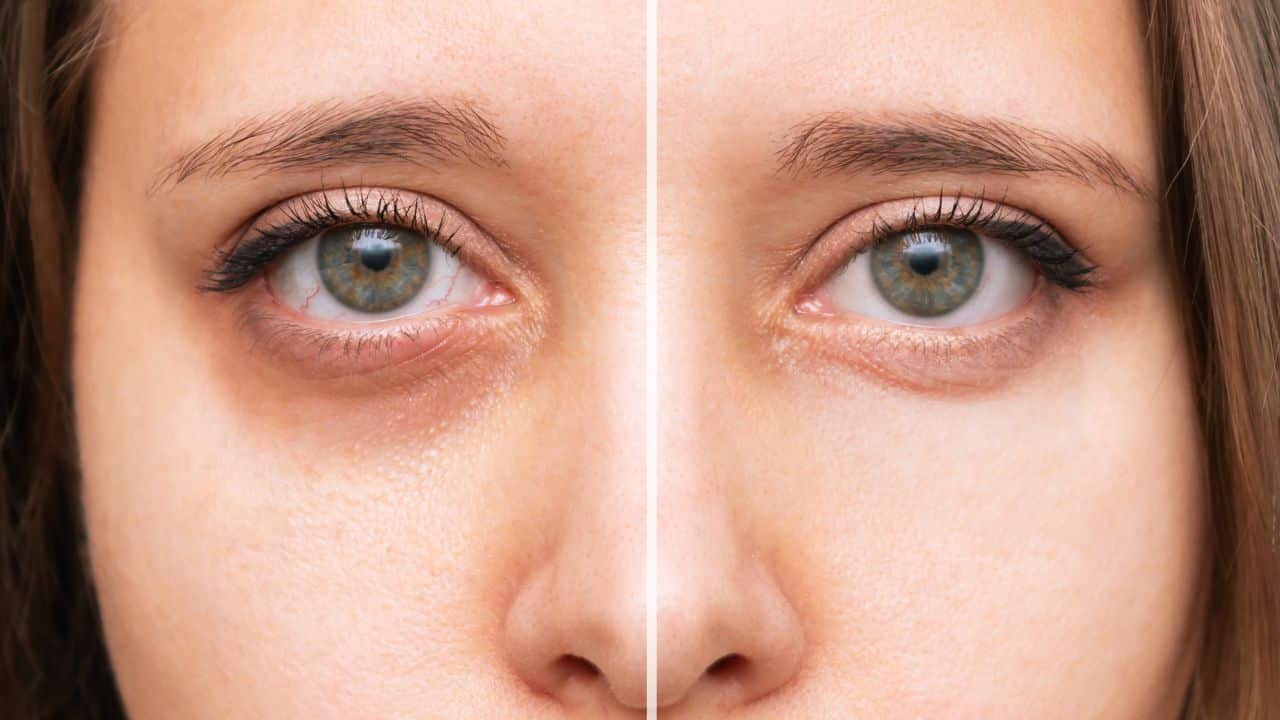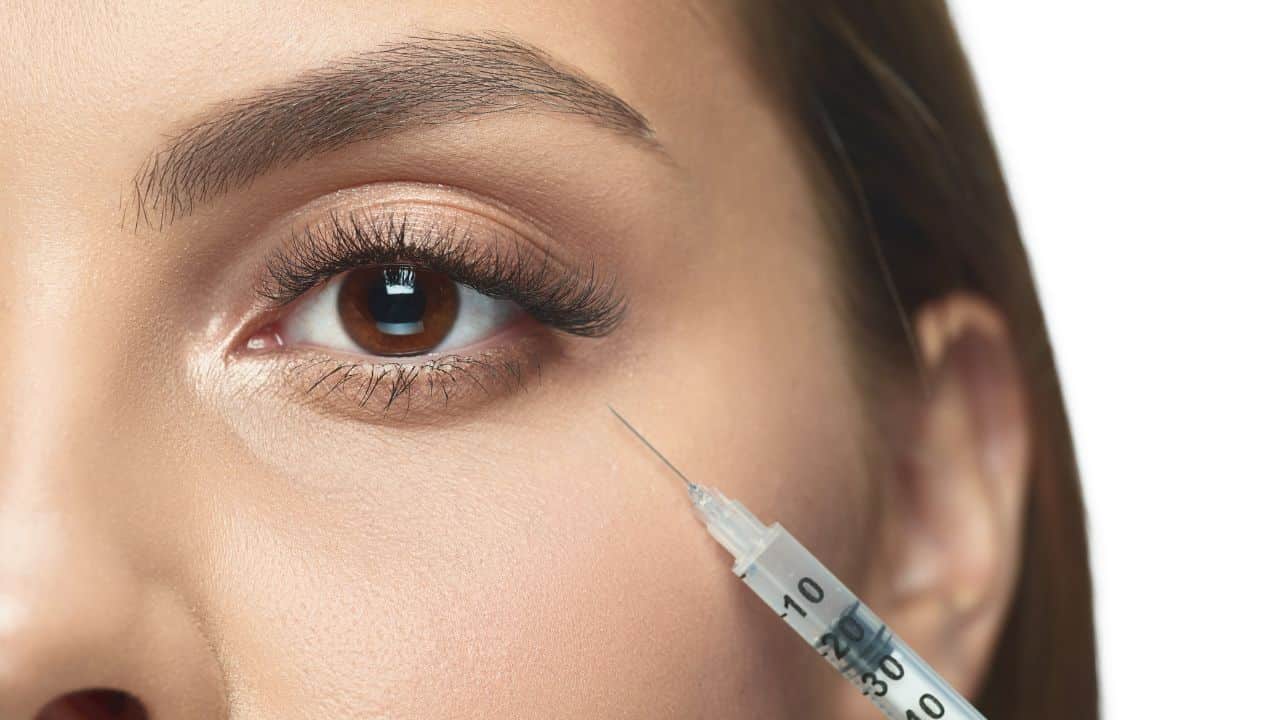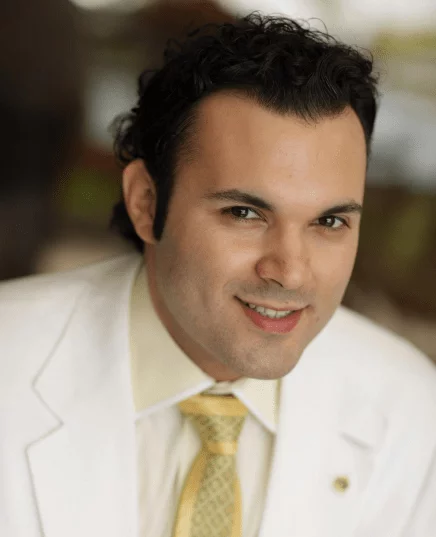If you’ve recently had PRP injections, you’re likely wondering how long it will take to recover and how to speed up the process. PRP injections, or platelet-rich plasma injections, are a minimally invasive treatment that can address various conditions, such as hair loss, joint pain, and tendon injuries.
This blog will discuss tips and tricks to help you recover faster after your PRP injections. Whether seeking relief from chronic pain or hoping to improve your physical appearance, following these guidelines can help you achieve the best possible outcome.
At our PRP Treatment Beverly Hills clinic, we prioritize the comfort and well-being of our patients. We understand that recovery time can vary depending on the individual and the specific condition being treated. Still, we’re committed to providing our patients the support they need to achieve optimal results.
By following the tips and tricks outlined in this blog, you’ll better understand what to expect during your recovery process and how to facilitate a smoother, faster healing experience. Let’s get started!
What is PRP Treatment?
Platelet-rich plasma (PRP) treatment is a regenerative therapy that uses your body’s blood to promote healing. A small blood sample is taken and processed during the treatment to extract the platelets and growth factors. The resulting platelet-rich plasma is then injected into the area of the body that requires treatment.
PRP injections can be used to address a variety of conditions, including:
- Hair loss: PRP injections can stimulate hair growth and increase hair density in individuals with androgenetic alopecia, a common form of hair loss.
- Joint pain: PRP injections can reduce inflammation and pain in joints affected by osteoarthritis or other conditions.
- Tendon injuries: PRP injections can promote the healing of damaged tendons, such as tennis elbow or Achilles tendonitis.
- Skin rejuvenation: PRP injections can improve skin texture and reduce the appearance of fine lines and wrinkles.
PRP treatment is safe and minimally invasive, with little to no downtime. However, as with any medical procedure, there is always a risk of side effects or complications. It’s important to discuss the potential risks and benefits of PRP treatment with your doctor before undergoing the procedure.
Our PRP Treatment Beverly Hills clinic specializes in providing high-quality PRP treatments for various conditions. Our experienced team is dedicated to ensuring our patients receive the best possible care and achieve optimal results.

What to Expect During PRP Injection Recovery Time
Recovery time after PRP injections can vary depending on the individual and the treatment condition. However, in general, patients can expect the following during their recovery process:
- Initial discomfort: Patients may experience discomfort or soreness at the injection site immediately after the procedure. This is normal and can be managed with over-the-counter pain relievers or icing the affected area.
- Swelling and redness: It’s common to experience some swelling and redness at the injection site for a few days after the procedure. This is a sign that the body responds to the injection and begins healing.
- Limited physical activity: Depending on the specific condition being treated, patients may need to limit physical activity for some time after the procedure. Your doctor will provide detailed instructions regarding safe activities during your recovery process.
It’s essential to follow the post-treatment instructions provided by your doctor to ensure a smooth recovery process. This may include avoiding certain medications or supplements, applying ice to the injection site, and avoiding strenuous activities for some time.
Sometimes, patients may experience more severe side effects or complications, such as infection or bleeding. If you experience any unusual symptoms or are concerned about your recovery process, it’s essential to contact your doctor immediately.
Tips and Tricks for Faster PRP Injection Recovery
While the recovery process after PRP injections can vary depending on the individual, several tips and tricks can help facilitate a faster healing process. These include:
Get Plenty of Rest
Rest is essential for the body to heal correctly after any medical procedure, including PRP injections. Make sure to get plenty of sleep and avoid strenuous activities that could interfere with healing.
Follow a Healthy Diet
A healthy, well-balanced diet can help support the body’s natural healing processes. Ensure you include plenty of fruits, vegetables, lean proteins, and whole grains.
Stay Hydrated

Drinking plenty of water can help flush toxins and promote healing. Drink at least 8 glasses of water daily during your recovery process.
Avoid Smoking and Alcohol
Smoking and alcohol can interfere with the body’s healing processes and increase the risk of complications. It’s essential to avoid these substances during your recovery process.
Take it Easy
Depending on the specific condition being treated, your doctor may recommend avoiding certain activities or limiting physical activity for some time. Follow these instructions carefully to avoid prolonging your recovery process.
Consider Physical Therapy
In some cases, physical therapy can help facilitate healing after PRP injections. Your doctor may recommend physical therapy to help improve your range of motion, reduce pain, and speed up healing.
Following these tips and tricks can help facilitate a smoother, faster recovery process after PRP injections. However, discussing any concerns or questions with your doctor must ensure you follow the appropriate post-treatment instructions for your condition.
When to Seek Medical Attention
While most patients experience a smooth recovery process after PRP injections, there are certain situations where it’s important to seek medical attention. These include:
- Signs of infection: If you notice any signs at the injection site, such as redness, warmth, swelling, or drainage, you must contact your doctor immediately. Infections can be severe and require prompt treatment.
- Unusual pain or discomfort: While some discomfort or soreness at the injection site is normal after PRP injections, it’s important to contact your doctor if you experience unusual or severe pain. This could be a sign of a more serious complication.
- Allergic reactions: While rare, some patients may experience an allergic reaction to the injection. Signs of an allergic reaction can include hives, difficulty breathing, or swelling of the face, lips, tongue, or throat. If you experience any of these symptoms, seek emergency medical attention immediately.
- Excessive bleeding: While some bleeding or bruising at the injection site is normal, it’s essential to contact your doctor if you experience excessive bleeding or bleeding that doesn’t stop with light pressure.
- Fever: If you develop a fever after the injection, it could be a sign of an infection or other complication. Contact your doctor if you experience a fever over 100.4°F.
It’s important to closely monitor your recovery process after PRP injections and contact your doctor if you experience any unusual symptoms or complications.
Conclusion
PRP injections can be a safe and effective treatment for various conditions, but it’s essential to understand the recovery process and take steps to facilitate a smoother, faster healing process.
Following the tips and tricks outlined in this blog, such as getting plenty of rest, eating a healthy diet, and staying hydrated, can help support your body’s natural healing processes and minimize discomfort after the injection. It’s also important to closely monitor your recovery process and contact your doctor if you experience any unusual symptoms or complications.
At our PRP Treatment Beverly Hills clinic, we work closely with our patients to provide personalized care and support throughout recovery. If you are considering PRP injections for a medical condition, we encourage you to speak with a qualified medical professional to determine if this treatment is proper.





